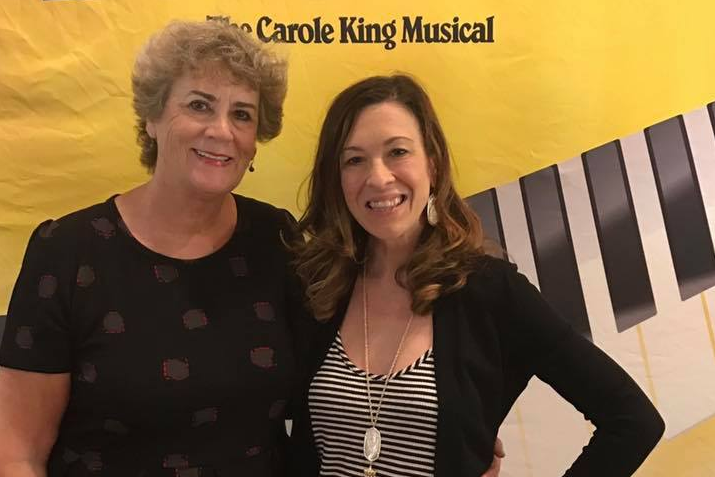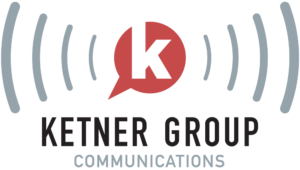This Mother’s Day, as usual, we at Ketner Group are feeling thankful for the inspiration our mothers have had on our careers. Whether by being our biggest champion, encouraging us to do the right thing or shaping the way we craft stories, they have influenced who we are as people, and as communications professionals.
She Taught Me to Always Do the Right Thing

For Catherine Seeds, our SVP and Partner, her mother’s biggest influence was teaching her to always do the right thing. “This is such a simple guide, but it has really stuck with me my whole adult life, particularly as a working mom,” Catherine remarked.
Catherine has had to make some tough decisions in her life, when it comes to her role as a mother and an agency VP. But through it all, that mantra has guided her to make the best decisions.
My Mother Was Always My Biggest Champion
“My mom was always my biggest supporter in anything I pursued growing up,” shared Account Coordinator Mikaela Cannizzo. “If I was excited about something, she was too. If I was passionate about achieving a certain goal, she encouraged me until I accomplished it. And when I wanted to pursue a career in writing and journalism, she was all for it. I think she still has all my clips saved from my early days at The Daily Texan.”
For Mikaela, her mother has always been someone she could confide in and rely on. “She is exactly the type of woman and mother I strive to be one day,” Mikaela expressed.
I Learned How to Craft a Story to Stay out of Trouble
As for our very own Greg Earl, his mother taught him how to perfect his stories. “I always had to fine tune my stories so I wouldn’t get into as much trouble. I learned to frame stories in a better light but also not to lie too much—in the event she got intel from around town.”
Without her, would Greg be so capable at crafting a great story? Maybe not. “But fortunately, she was there.”
My Mother Taught Me Empathy

“My mom taught me a lot about empathy and kindness.” Our intern, Katie Stone learned a lot about compassion from her mother, who is a stay-at-home mom.
“She taught me those soft skills that you aren’t going to learn in a classroom,” Katie said.
She Inspired Me to Ensure Everyone Has a Voice
Jenna Jordan’s mother is a teacher who emphasized the importance of recognizing and ensuring that everyone has a voice.
“We as a collective population are always learning and on the course of gathering knowledge,” shared Jenna. “My mother works with kiddos, so understanding empathy and different perspectives has always been a constant in my life!”
Mom Taught Me I Could Make My Own Career Choices

As for me, growing up, my sister and I referred to our mother simply as “the boss.” We didn’t know exactly what she did, we just knew that she was powerful and that she made her own path.
My mother taught me that when it comes to your career, you always have a choice. Whether you wish to work in a highly corporate career wearing power suits, like she did in Atlanta in the ‘90s, or you want to start your own landscape design career, like she did in Connecticut in the ‘00s, the choice is yours to make.
This has inspired me deeply. Now, I know that whether I want to work for someone else, myself or something in between, that choice is mine.


 When I first joined Ketner Group in 2007, I knew very little about running a business, and just enough about PR to convince them I was the best candidate for the entry-level position. I was given a gigantic desk in a room all to myself (one of the “perks” of small business I am glad we grew out of – it was so lonely!) and thrown into client work 8-5, 5 days a week, while all my friends were still off procrastinating away senior year. (I was the dork that graduated early.)
When I first joined Ketner Group in 2007, I knew very little about running a business, and just enough about PR to convince them I was the best candidate for the entry-level position. I was given a gigantic desk in a room all to myself (one of the “perks” of small business I am glad we grew out of – it was so lonely!) and thrown into client work 8-5, 5 days a week, while all my friends were still off procrastinating away senior year. (I was the dork that graduated early.)